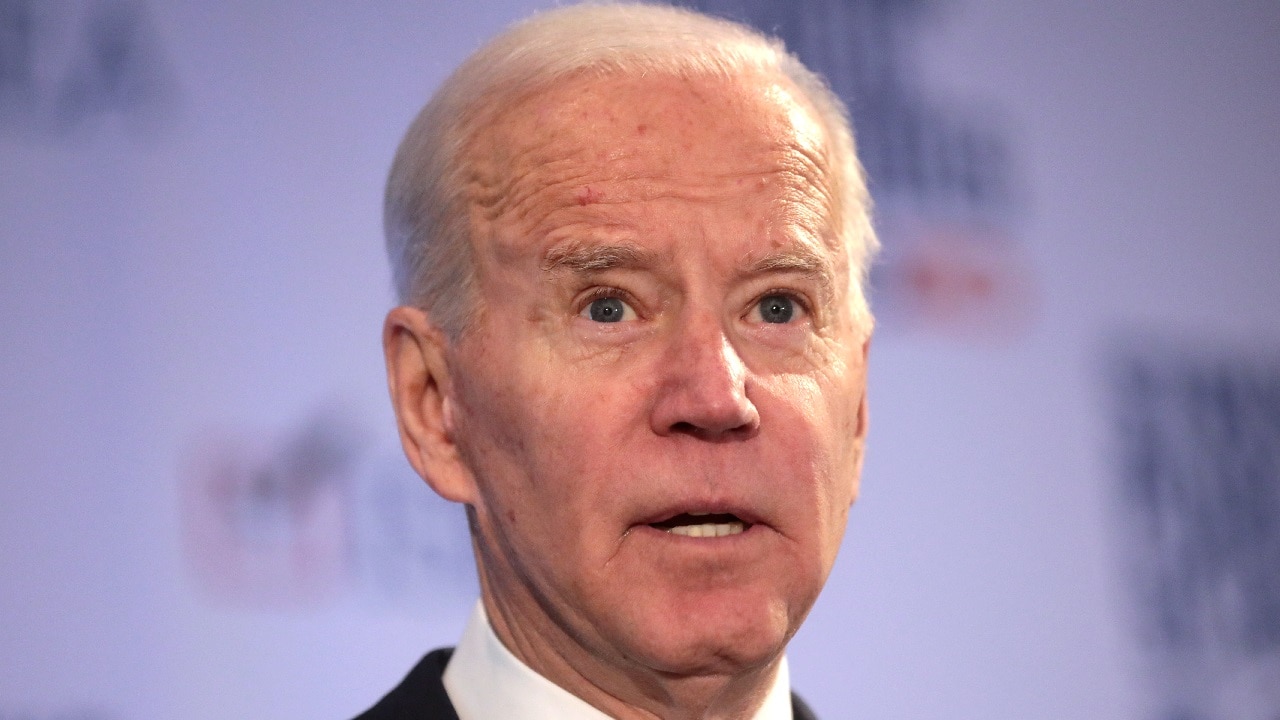“I am pleased to announce that I have invited the Director of the Central Intelligence Agency, Bill Burns, to serve as a member of my Cabinet,” President Joe Biden declared in a White House statement released Saturday.
Burns has always been ambitious. He often treated his perch at the helm of the CIA as an audition for his desired job, secretary of State, much to the confusion and annoyance of his foreign counterparts. For Burn, the CIA was less important than getting himself alone in front of the president.
Biden prizes loyalty. He sought to populate top posts not with the best and the brightest, but rather with decades-long staffers whom he trusted. Throughout Biden’s career, the secret to earning his trust has been simply to affirm his decisions. Some presidents treasure intellectual friction; Biden is intimidated by it. Burns has always been an astute bureaucratic player. He understands this.
It is for this reason that making the director of Central Intelligence a cabinet-level position co-equal to the secretary of State or Defense is such a bad idea, one that could cripple the Central Intelligence Agency long after Biden and Burns leave office.
The CIA prides itself on the professionalism of its intelligence generation and analysis. This has always been more conceit than real as the personal biases of its officers color how they analyze information.
Bringing Burns into the cabinet, a policy-making body, shreds any pretense that the CIA is a professional organization that stands apart from the political rough-and-tumble that characterizes Washington.
Just as accusations of politicization have eroded Federal Bureau of Investigation (FBI)’s reputation under Presidents Trump and Biden to the point where discussion of its elimination now moves from the fringes to the mainstream, so too will the CIA’s director’s presence in cabinet meetings call into question its tradecraft and priorities.
Should the CIA take a controversial decision, might those who disagree write it off as the result of politicization rather than a judgment based on the legitimacy of intelligence? Alternately, might an ambitious director like Burns even subconsciously self-censor in order to remain in Biden’s good graces, regardless of what the intelligence suggests?
If Burns truly cared about the organization he now heads, he will tell Biden, “Thanks, but no thanks.” He likely does not, though. Ultimately, the CIA will pay the price. Expect the perception if not the reality of intelligence politicization, to increase exponentially.
Now a 19FortyFive Contributing Editor, Dr. Michael Rubin is a Senior Fellow at the American Enterprise Institute (AEI). Dr. Rubin is the author, coauthor, and coeditor of several books exploring diplomacy, Iranian history, Arab culture, Kurdish studies, and Shi’ite politics, including “Seven Pillars: What Really Causes Instability in the Middle East?” (AEI Press, 2019); “Kurdistan Rising” (AEI Press, 2016); “Dancing with the Devil: The Perils of Engaging Rogue Regimes” (Encounter Books, 2014); and “Eternal Iran: Continuity and Chaos” (Palgrave, 2005).

